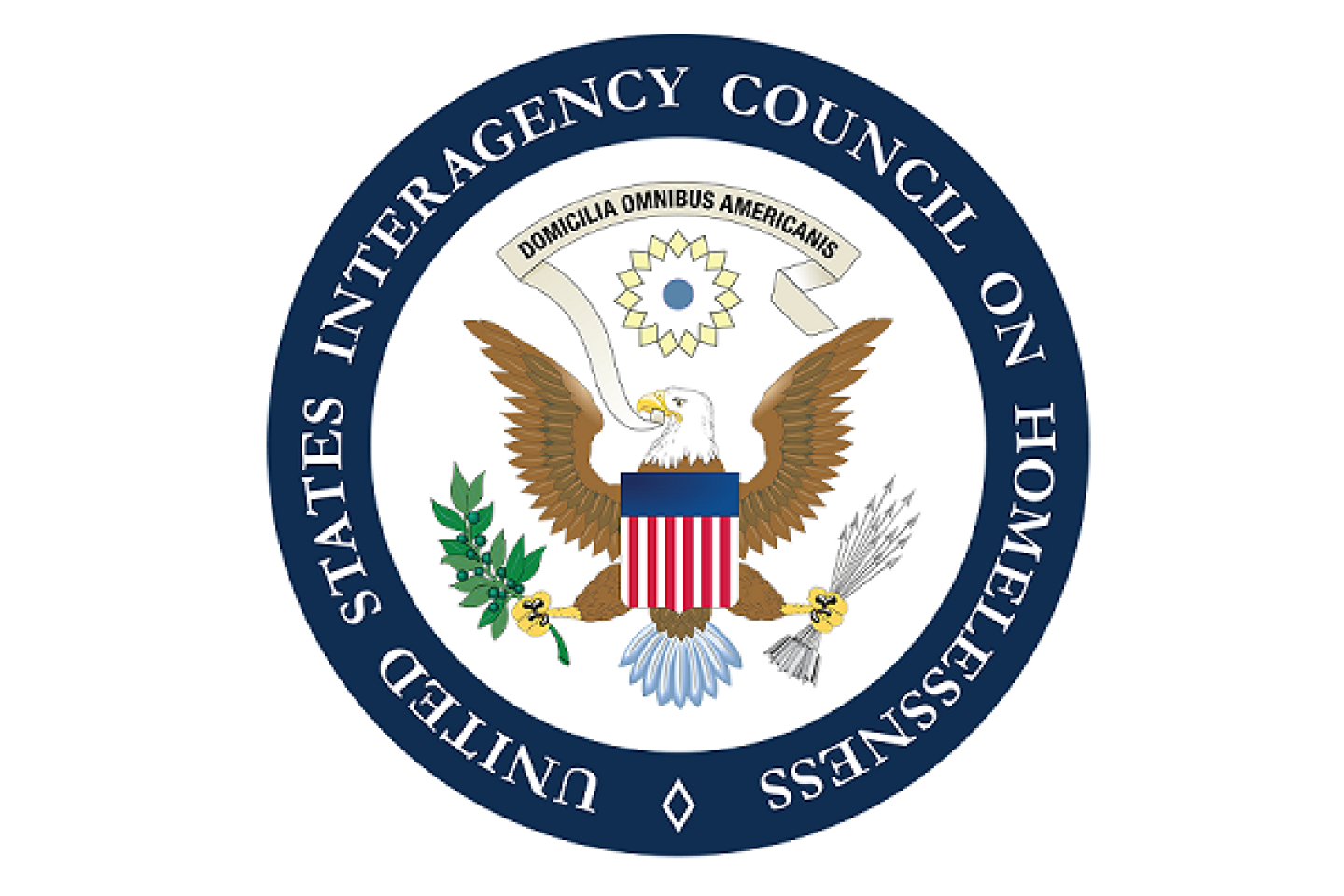Milwaukee Is Close to Ending Family Homelessness. Here’s How.
All parents deserve a safe, stable, and affordable home where they can feed their children, help them with homework, and put them to sleep in a warm bed. That’s the belief driving the greater Milwaukee region to be the first in the nation to end family homelessness—and it’s getting closer to that goal.
Zero families have lived outside on the streets since 2020, and in just a year, from 2021 to 2022, the amount of time families stay in shelters before moving into new homes declined by up to 72%.
Milwaukee’s recent progress is a testament to what can be accomplished when communities come together to address homelessness—a cross-systems problem with cross-system solutions. No single agency can end family homelessness alone. Across agencies, governments, and sectors, it takes implementation on the mezzo scale and communication on the micro scale. Milwaukee’s progress also proves the power of preventing homelessness before it happens.
Collaboration and prevention are a core part of the U.S. Interagency Council on Homelessness’ Criteria and Benchmarks for Achieving the Goal of Ending Family Homelessness, and the city and county of Milwaukee—working together with the nearby rural counties of Ozaukee, Washington, and Waukesha—is using USICH’s guidelines as a playbook. USICH Executive Director Jeff Olivet visited Wisconsin last week to hear about the progress firsthand.
“Wisconsin shows what is possible when localities collaborate, coordinate, and take best practices outlined in USICH guidance to prevent and end homelessness,” Olivet said in remarks at the Wisconsin Collaborative for Affordable Housing’s A Home for Everyone Conference.
The Milwaukee Way
First, the key players:
- United Way of Greater Milwaukee & Waukesha County
- Milwaukee Continuum of Care (CoC)
- Family shelters
- Rapid rehousing providers
- Case managers
- Eviction lawyers
In 2020, United Way partnered with the Milwaukee CoC to develop the Safe and Stable Homes: Ending Family Homelessness (SASH) Initiative. SASH is an interagency group that meets quarterly and asks participating and other government agencies to adopt collaborative strategies to prevent and end family homelessness. The group is also tasked with:
- Conducting a community-wide education and fundraising campaign to cover the cost of the strategies;
- Researching and sharing best practices for homelessness prevention; and
- Evaluating SASH’s programs, policies, and progress.
SASH sparked new and strengthened existing collaborations between service providers across CoCs, county lines with different political leanings, and urban and rural areas. Homelessness is a community issue—not a political football—and SASH exemplifies that.
In Ozaukee County, collaboration looks like daily calls between family shelters and rapid rehousing providers to ensure families are quickly provided emergency shelter, housing vouchers, and homelessness prevention resources. In Milwaukee County, weekly prevention meetings are spent matching at-risk clients with case managers to slow the flow of families into homelessness and shelters.
Collaboration, of course, is not limited to communication. In the quest to end family homelessness, Milwaukee combines resources from public and private investors—both of which were included in the advisory council that developed SASH, leading to their early buy-in.
Prevention and collaboration pay off—literally. In only a year and a half, Milwaukee County saved roughly $9 million in economic benefits by implementing Eviction Free MKE, which provides free and same-day legal representation to help low-income people avoid eviction and thus homelessness. When SASH began, there were few preventive programs targeting services for families at risk of homelessness. Now, the region has more than 20. And by using “Coordinated Entry” policies and Homeless Management Information Systems, Milwaukee can now pull robust data on families and share it with United Way to help their fundraising—part of which has been committed to funding SASH itself.
In addition to prevention and collaboration, creativity is key. Some families fall outside the boundaries of government assistance. To get around rigid rules, SASH created a flexible cash pot to help families who need it but don’t qualify for certain government assistance. The so-called Family Flex Fund provides tiers of financial and case management support that can be used for rental, energy, or material needs for families. When no rapid rehousing vouchers are available, the fund can quickly move families out of shelters and into homes. Of the 204 families served by the Family Flex Fund the last two years, only one returned to homelessness.
While Milwaukee is using USICH’s criteria and benchmarks as a guide for ending family homelessness, All In: The Federal Strategic Plan to Prevent and End Homelessness is grounded in best practices from communities like Milwaukee and in what USICH heard from more than 600 other communities across the country.
If we work together, we in Milwaukee and we at USICH believe we can create a near future where no one experiences the trauma of homelessness and where everyone has a safe, stable, affordable, and accessible home. We will not stop until we do.



